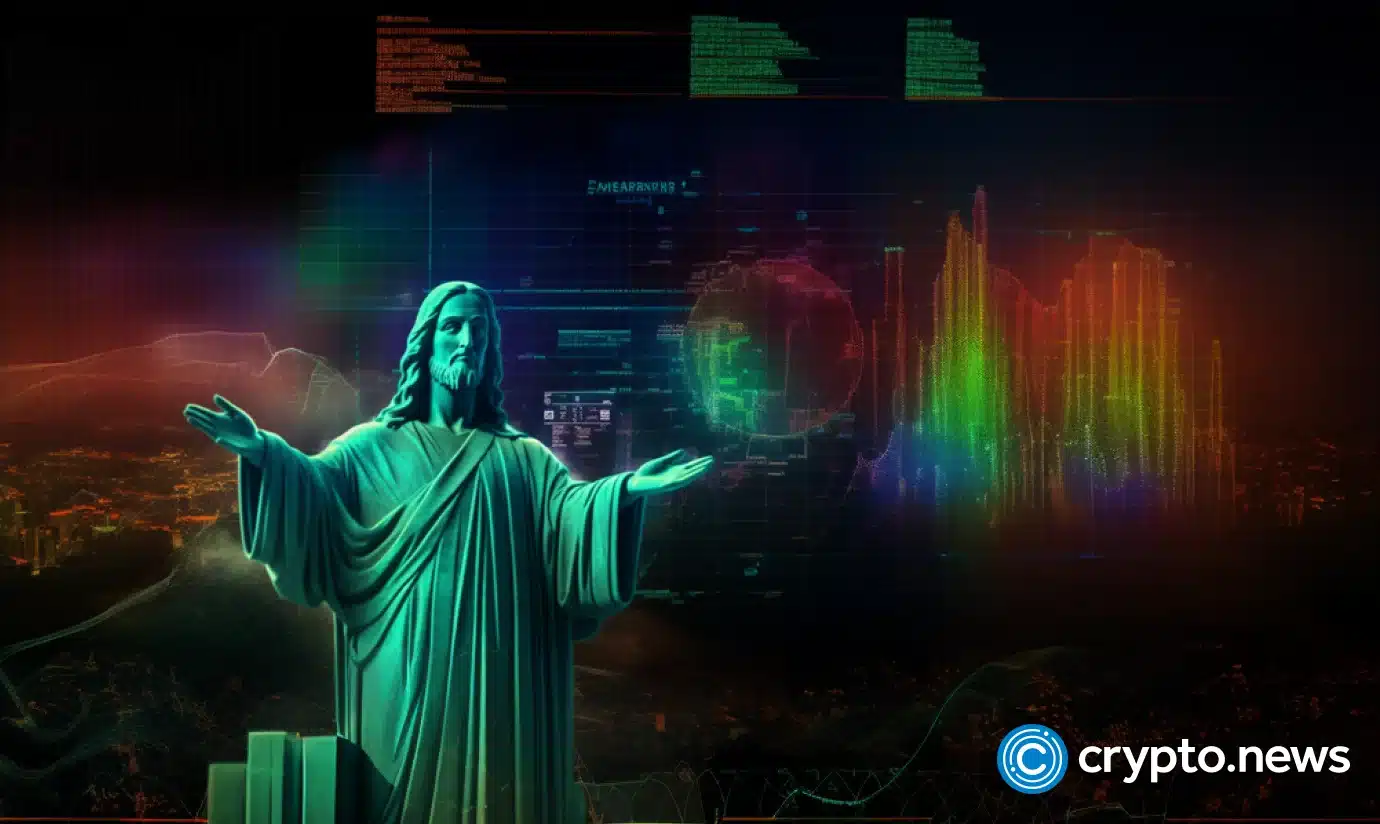After a protracted four-year absence, crypto ATMs, or BTMs as they are known locally, are once again available in Japan.
Gaia Co., Ltd., a local cryptocurrency exchange company, declared on Tuesday that it will soon introduce BTMs that back Bitcoin (BTC), Litecoin (LTC), Ether (ETH), as well as Bitcoin Cash (BCH).
During the Crypto winter of 2018, local exchange Coincheck was hacked for $530 million, bringing the local sector to its knees and diminishing interest in crypto ATMs. This is said as the main reason why the Country has not had any active digital assets despite Bitcoin ATMs having made their breakthrough in Tokyo as early as 2014.
According to a story published on Wednesday by local media outlet Mainichi Shimbun, In Japan, a locally registered cryptocurrency company has never erected a Bitcoin ATM before.
Users must register with the company to receive a unique card to withdraw money from the BTMs. Once authorized, users can use their smartphones to send crypto assets to the BTM and then use them to withdraw cash in yen.
The Japanese-language publication noted that the country’s existing withdrawal process, which frequently requires a few days to move funds from an exchange to a local bank account, would be sped up by the BTMs.
The BTMs will be set in locations throughout Tokyo and Osaka, but the company has stated plans to install 50 BTMs across the nation within the following year. Within the following three years, the company said it hoped to extend the installed base to 130 BTMs.
Has an interest in cryptocurrencies been restored?
The maximum withdrawal amount from the BTMs currently stands at $2,243, or 300,000 Japanese yen, per day, with a per-transaction maximum of $747, or 100,000 Japanese yen. The restricted withdrawals are a component of compliance measures against Anti-money laundering (AML).
In the wake of the Coincheck hack and the $500 million Mt. Gox crypto exchange hack in 2014, the government decided to take a hands-off policy and delegate monitoring to the self-regulatory organization Japan Virtual Currency Exchange Association (JVCEA).
But it seems like the government has renewed interest in supporting the market’s growth this year.





